In the context of our “rise-and-grind” culture, it’s very likely that you (or someone you care about) is either coping with burnout now or has dealt with it in the past.
I’ve been there myself. It feels like your work is demanding more of you than you have to give. It takes you an hour to complete a task that you could have previously done in twenty minutes. You used to look forward to your job. Now you dread it.
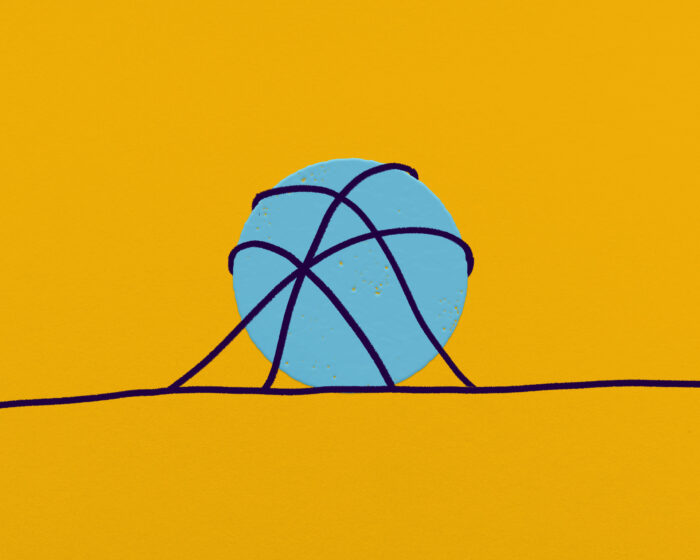
One of the key signs of burnout is working less efficiently and falling behind. We often try to remedy this by working more than before. This creates an unhealthy cycle: the deeper your sense of burnout, the more you work, and the more you work, the greater the burnout. The sense of depletion follows you home from the office and you have less energy for your personal life. You feel like you’re in a dark tunnel crawling toward a light that never seems to get any closer.
If this sounds familiar, read on for some tips and tricks for tackling burnout.
Rather than lean into busyness, look for opportunities to lean in to your humanness.
Humanness looks different for different people. Here are a few ideas:
- Plan a date night with your partner or friend where you agree not to talk about work.
- Get outside or do something active.
- Listen to a favorite song with your eyes closed.
Your humanness is present when you take pleasure in existing rather than accomplishing, when you remember that you’re a human being, not a human doing.
When we connect with our humanness, we stop struggling toward the light at the end of the tunnel and start learning how to see in the dark. We squint our eyes, notice the specific emotions that burnout has provoked in us, and use them as signposts that point us toward our values.
- Bordom is reminding you that your need for intellectual challenge is going unmet.
- Loneliness is saying that you need more personal connection in your life.
- Exhaustion is urging you to lean against the tunnel wall and take a rest.
It’s easy to look forward to some indefinite point in the future when work will slow down and your burnout will fade. But that approach assumes that you won’t collapse along the way.
Instead, it’s more sustainable to use your feelings as data to guide your decisions in the present. Whether that means rethinking how you relate to your work, adjusting your role within your organization, or even laying the groundwork for a career change, you’ll be reframing your burnout as an opportunity to identify the first steps toward change.


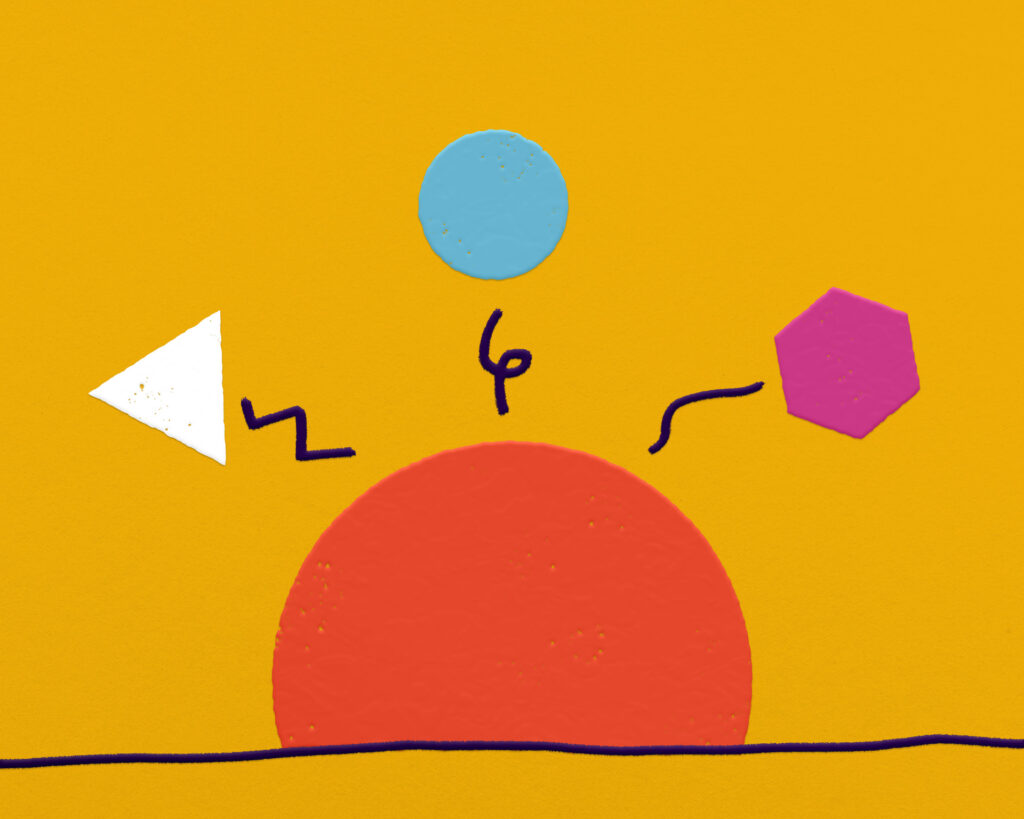
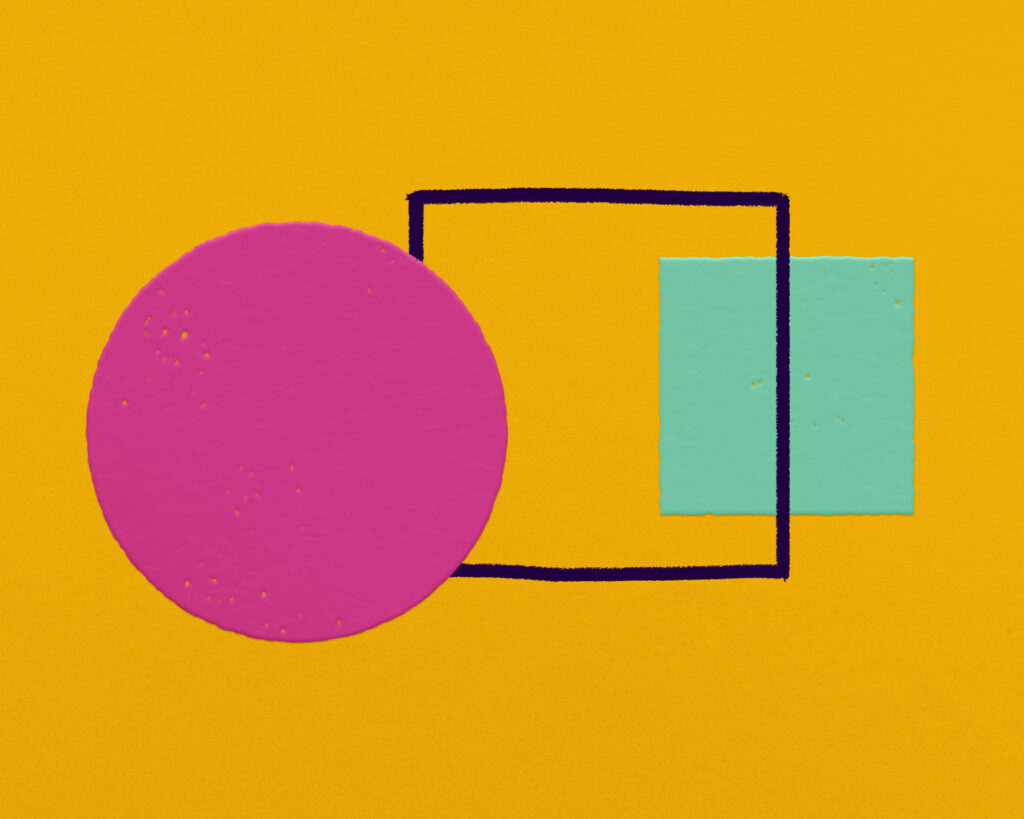
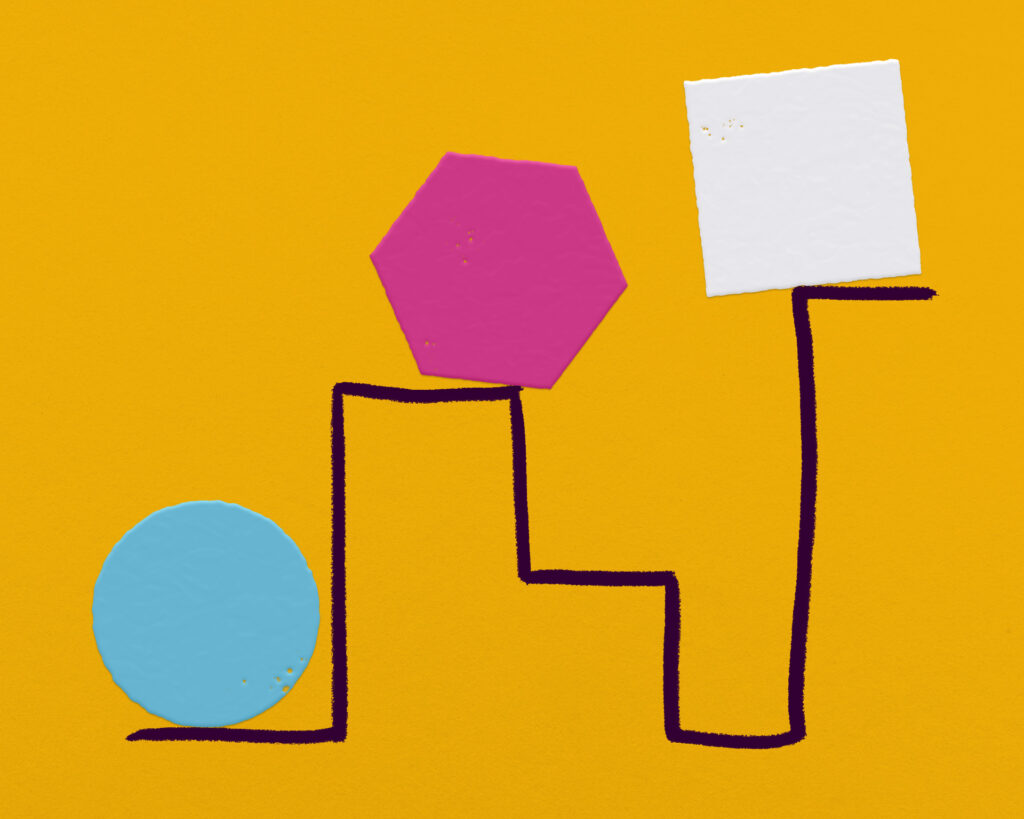
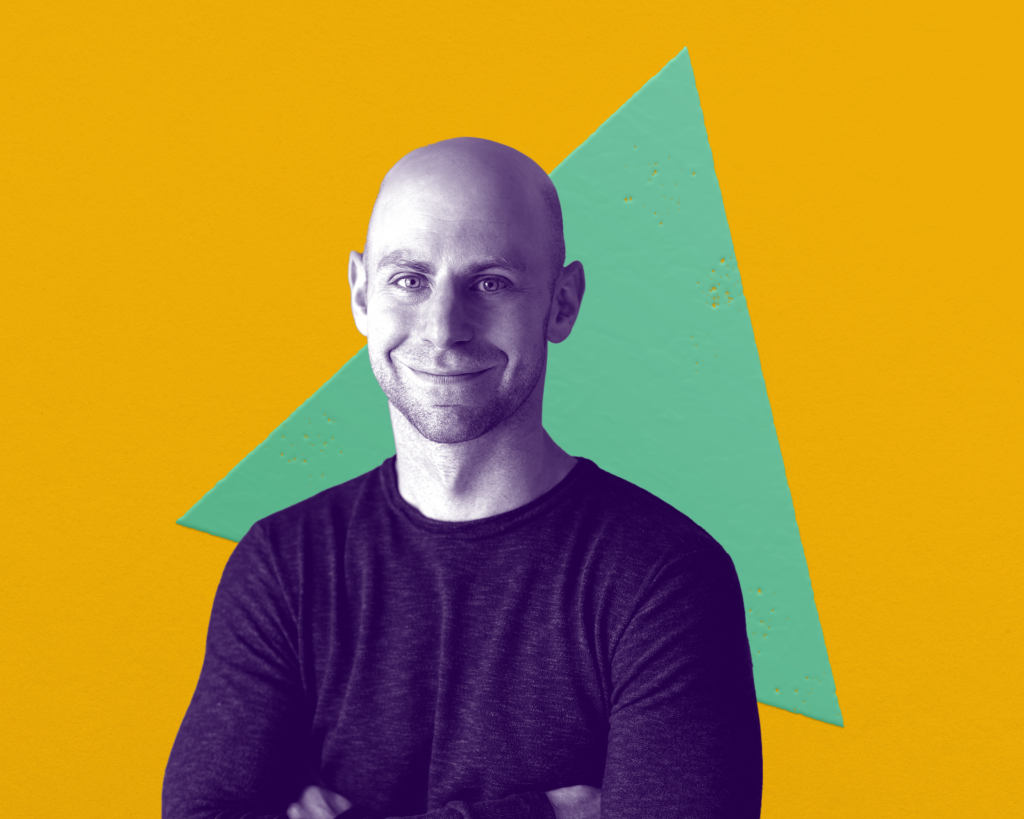
 Take the Quiz
Take the Quiz